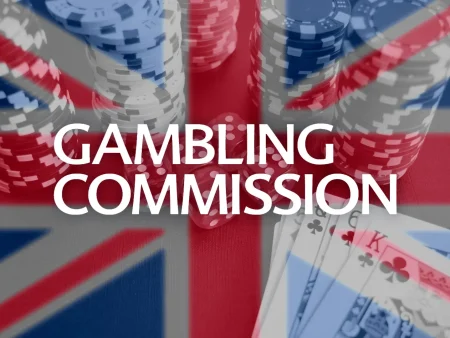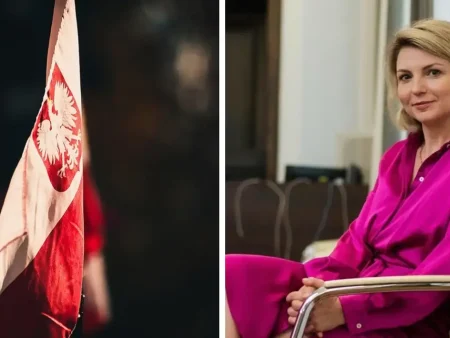GRAI of Ireland will re-assess its licensing fee structure after a public consultation raised concerns. Instead of turnover, it is to be based on GGY.

The Gambling Regulatory Authority of Ireland (GRAI) responded to an industry consultation that raised concerns about the cost and timeframe of gambling licenses. It stated that it will consider introducing five-year licenses. The GRAI will also explore a tiered licensing fee model.
As of today, the 2024 Gambling Act defines turnover for a business-to-business license as the gross profit from selling or supplying relevant gambling products or related services.
The government established the Gambling Regulator last year under the Gambling Regulation Act 2024. This move aimed to manage the creation of Ireland’s gambling regulatory framework. The regulator also oversees the licensing of all gambling activities in Ireland, except for the national lottery.
Between April and May 2025, GRAI has processed submissions to a public consultation it conducted within four weeks. This was the regulator’s first public consultation on its developing licensing and regulatory framework. The framework falls under the Gambling Regulation Act 2024.
The GRAI has received 27 submissions from a variety of stakeholders. The vast majority of which came from industry operators.
Key concerns raised were: the cost of the application fee, and clarification around what the fee calculation system would look like.
Industry stakeholders voiced specific concerns about the proposed turnover-based fee system. They argued it could disconnect fees from actual operator revenue and harm businesses with specialized betting offerings.
GRAI said it would consider a tiered licensing fee model that would be based on GGY or gross gambling yield or a hybrid of turnover, which meaning gross profit in this instance, as well as GGY, in its observations.


